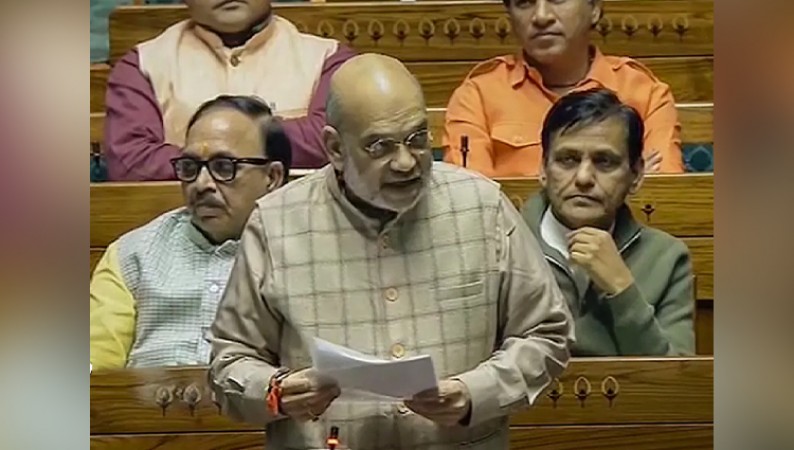
NEW DELHI: On Wednesday, Union Home Minister Amit Shah told the lower house of the Parliament that the government of India scrapped the colonial-era law of sedition, which was anti-democratic and used by the imperial Britishers to thwart the voices of freedom fighters like Bal Gangadhar Tilak and Mahatma Gandhi while introducing the new penal code for India, the Bharatiya Nyaya Santhita.
Amit Shah highlighted that the sedition law, known as an 'offence of Raj Droh,' was originally imposed by the British and had been misused to suppress voices of dissent against the government. This law was finally abolished and replaced by a new provision focusing solely on 'Desh droh' or anti-national activities.
Under the newly passed criminal law amendment bill, section 124A, pertaining to sedition, has been replaced by section 152. The updated section now targets acts that endanger India's sovereignty, unity, and integrity, prescribing life imprisonment for those engaged in such activities.
The revamped law explicitly specifies that criticism of the government's actions, aiming for lawful change without inciting anti-national actions, will not be considered an offence.
The Supreme Court had previously criticized the sedition law, questioning its relevance in modern India. Former Chief Justice NV Ramana highlighted its colonial origins and its misuse against key figures like Mahatma Gandhi and Bal Gangadhar Tilak during the freedom movement. The court urged the government to abolish this archaic law, citing its history of misuse and its adverse impact on free speech.
For nearly two years, a de facto suspension had been in place on the application of the sedition law following the government's assurance that no new FIRs (First Information Reports) under section 124A would be filed.
Critics of the sedition law have argued that it stifled free expression, as it was frequently employed by the police to target individuals voicing dissent against government policies.
The abolition of the sedition law marks a significant step towards promoting free speech and eliminating outdated, oppressive legislation from India's legal framework.
Lok Sabha Passes Bill Regulating Appointment of Chief Election Commissioner, other ECs